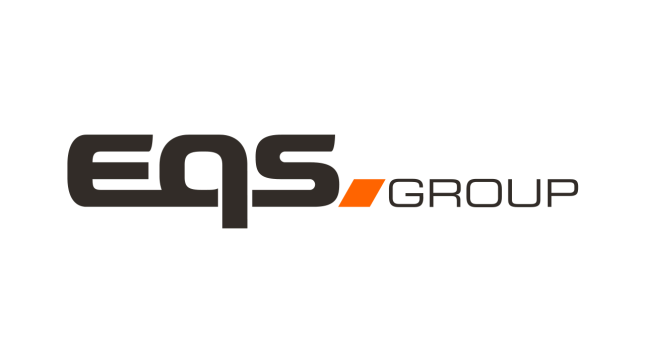Big Tech's AI Copyright Court Wins
Recent US court rulings have dramatically shifted the landscape of data and copyright, granting Big Tech companies significant victories in their use of online content for artificial intelligence training. These landmark decisions, including a notable one favoring Anthropic's ingestion of millions of books, strongly indicate a developing legal consensus: virtually all content published online is now effectively considered 'fair game' for AI consumption.
This legal stance implies that major technology firms such as Google, Meta, OpenAI, and Microsoft may no longer be obligated to compensate creators for the vast amounts of text, images, or video data they ingest to power and refine their sophisticated AI tools. This outcome represents an immense strategic triumph for Big Tech and the burgeoning AI economy, potentially accelerating innovation within the sector by removing significant financial barriers related to data acquisition.
However, this triumph comes with profound implications for the broader web and the diverse community of creators who are vital to its vibrancy. If AI systems can instantaneously process and repackage nearly all digital knowledge, the inherent value of the written word—and likely other forms of digital content—stands to significantly diminish. Despite concerns from entities like the US Copyright Office, which argue that this unchecked flood of AI-generated or AI-derived content could undermine the market for original material, judges have largely remained unpersuaded, with the principle of fair use currently appearing to shield the AI industry's giants.
In response to this evolving environment, some entities are pushing back. Cloudflare, a major web network provider, has introduced a new initiative aimed at making AI 'pay-per-crawl,' attempting to shift the fundamental paradigm from an opt-out model to an opt-in one for content usage. Several prominent publishers, including The Atlantic, Ziff Davis, and Time, have reportedly aligned themselves with this new approach, seeking to regain some control and potential revenue from their intellectual property.
Furthermore, these pivotal rulings could instigate a more profound and lasting shift in how and where creators choose to disseminate their knowledge online. With the perceived 'content-scraping shackles' now loosened, creators may increasingly re-evaluate the public accessibility of their work. This could lead to a strategic withdrawal of valuable information from the open web, potentially moving it behind stricter paywalls or even into offline formats. Examples cited include Bloomberg's practice of keeping its news stories exclusive to its Terminal, tech blogger Ben Thompson's reliance on paywalled newsletters, and Microsoft's decision to launch its 'Signal' magazine as a print-only publication.
Ultimately, in a digital landscape where autonomous AI bots can freely access and repurpose information, the most valuable ideas and meticulously crafted content may begin to migrate away from public digital spaces. This emerging trend hints at the dawn of a new era characterized by increased content scarcity, a renewed emphasis on privacy, and perhaps even a resurgence in the importance of physical formats like paper, fundamentally altering the dynamics of information dissemination and consumption.












